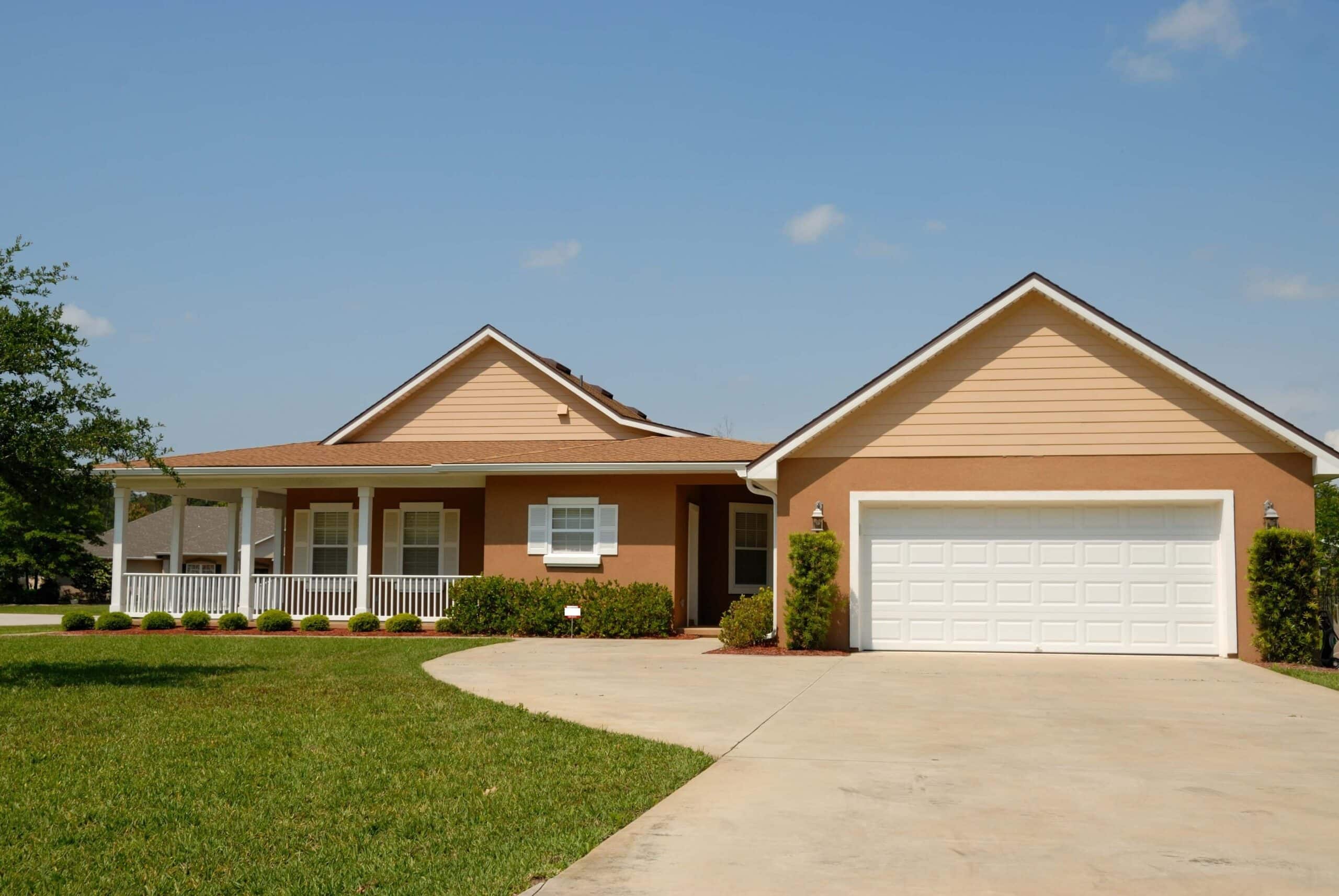
A possible buyer’s worry is that rising interest rates will make it more expensive to take out a mortgage and make a home purchase. Rising interest rates might seem discouraging, but prospective buyers should keep in mind that this decision can be influenced by a wide variety of factors beyond just the rate alone.
Potential homebuyers shouldn’t be put off by rising interest rates because, historically speaking, they are still quite low. Even though rates have been rising over the past few years, they are still significantly lower than they were in the ’80s and ’90s. As a result, the cost of borrowing money to buy a home is still manageable, even with the increase in interest rates.
Homebuyers shouldn’t let rising interest rates deter them because they aren’t the only factor that can affect monthly payments. Property taxes, insurance, and maintenance are additional expenses that homeowners incur, and they can range widely based on factors like the location and type of home being purchased. To better understand whether or not a home is within financial reach, prospective buyers should look at the total cost of homeownership, not just the interest rate on a mortgage.
Even in a climate of rising interest rates, it is important to weigh the advantages of homeownership. Having a place to call your own can be a great source of pride and security, not to mention a smart long-term investment. Tax breaks, such as the possibility of deducting the interest on a mortgage, may also be available to homeowners.
Last but not least, would-be homeowners should keep in mind that interest rates change frequently and can’t be predicted with any accuracy. A further increase in interest rates is possible, but stability or even a decline is also a possibility. Prospective homeowners can determine whether or not the time is right to buy a home by considering the long-term advantages of homeownership and conducting a thorough analysis of the costs associated with home ownership.
You can Always Refinance your Mortgage Late
Refinancing a mortgage after purchasing a home at a high interest rate can lower monthly payments and, eventually, save you money. If interest rates have dropped since you bought your home, refinancing (where you take out a new mortgage loan to pay off your existing mortgage) may be a good option for you.
Mortgage refinancing requires a procedure very similar to the mortgage application process. Closing costs, as well as documentation of your income, assets, and credit history, will also need to be provided.
To better suit your financial needs, you can adjust both your interest rate and loan term when you refinance. It’s possible that you could pay less in interest over the life of your mortgage if you opt for a lower interest rate and a shorter loan term, but your monthly payments would be higher. However, if you opt for a longer loan term with a correspondingly lower monthly payment, you may end up paying more in interest overall.
When deciding whether or not to refinance your mortgage, it’s crucial to take into account your current financial situation and long-term goals. There are many lenders out there, so it’s important to shop around for the best rate and terms. Discuss your situation with a financial advisor or Jacksonville, FL mortgage broker to figure out if refinancing is the best option.
Mortgage Lenders in Jacksonville, FL
If you or a loved one are in need of a mortgage loan in Duval County, don’t delay in calling one of our knowledgeable mortgage lenders in Jacksonville. For over a decade, Bayway Mortgage Group has been here to help consumers like you secure mortgages for your dream homes. The time to call Bayway Mortgage Group is now! Contact us today for your FREE mortgage consultation.



